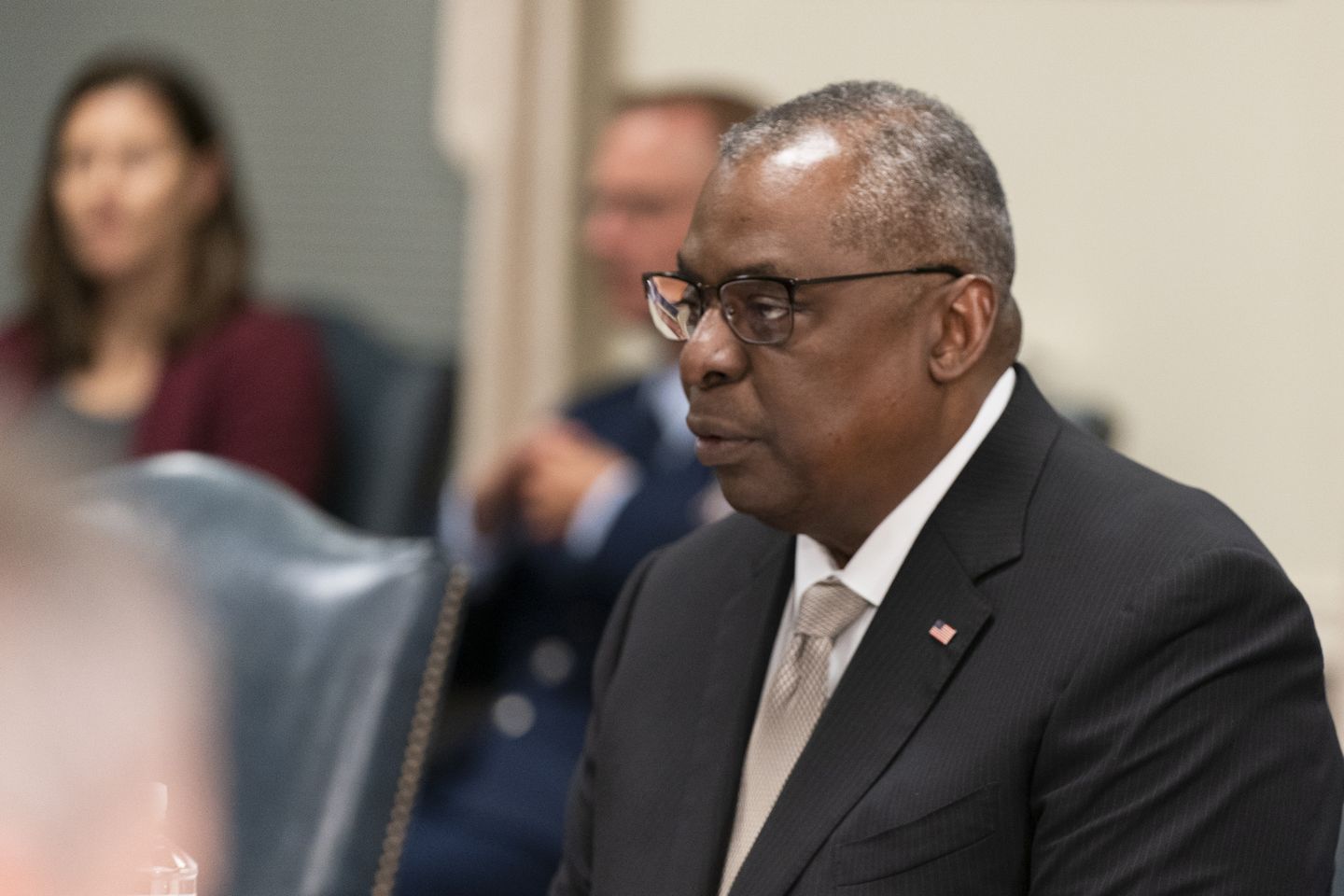

Defense Secretary Lloyd Austin met with his Chinese counterpart for the first time Friday after their delegations arrived in Singapore for a defense summit in Asia.
The face-to-face meeting between Mr. Austin and Gen. Wei Fenghe, minister of National Defense for the People’s Republic of China, lasted about 30 minutes on the margins of the three-day Shangri-La Dialogue. Pentagon officials said both men discussed U.S.-Chinese defense relations and regional security issues.
“Secretary Austin discussed the need to responsibly manage competition and maintain open lines of communication,” the Pentagon said in a statement. “The secretary underscored the importance of the People’s Liberation Army engaging in substantive dialogue on improving crisis communications and reducing strategic risk.”
Mr. Austin routinely refers to the People’s Republic of China as the main “pacing challenge” for the U.S., and both nations are at loggerheads over a range of issues. He has only spoken to the Chinese defense minister once previously, during an April 20 telephone call, according to CNN.
The U.S. wants to use the summit to push back against growing Chinese influence in the region while boosting ties to other Asian nations as part of its strategy to focus on the Indo-Pacific region.
During their brief meeting Friday, both men discussed several topics, including the Korean peninsula and Russia’s unprovoked invasion of Ukraine, the Defense Department said.
Mr. Austin told Gen. Wei that the U.S. remains committed to the longstanding “One China Policy,” while calling on Beijing to refrain from further “destabilizing” actions toward the self-ruled Taiwan, which China claims is a breakaway province. China has ramped up political and military pressure on Taipei as Taiwanese President Tsai Ing-wen has regularly rebuked their efforts to undermine democracy on the island.
“The secretary reaffirmed the importance of peace and stability across the Strait (and) opposition to unilateral changes to the status quo,” the Pentagon said.
